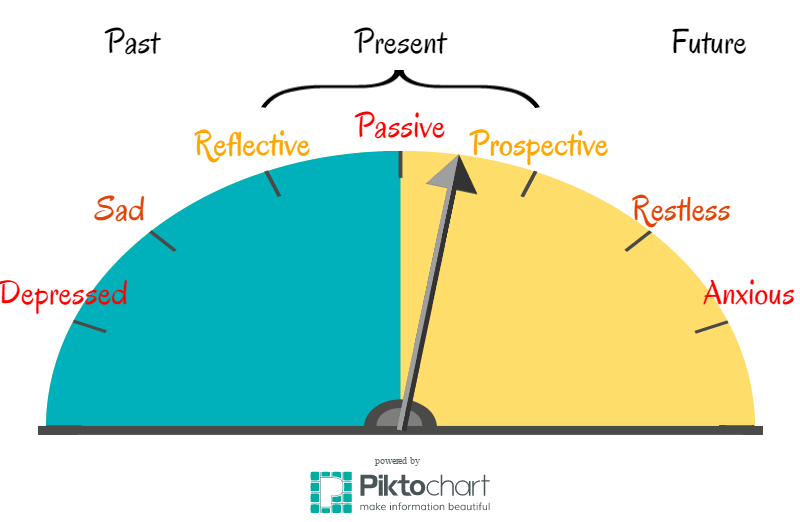
How To Get What You Want Out Of Life
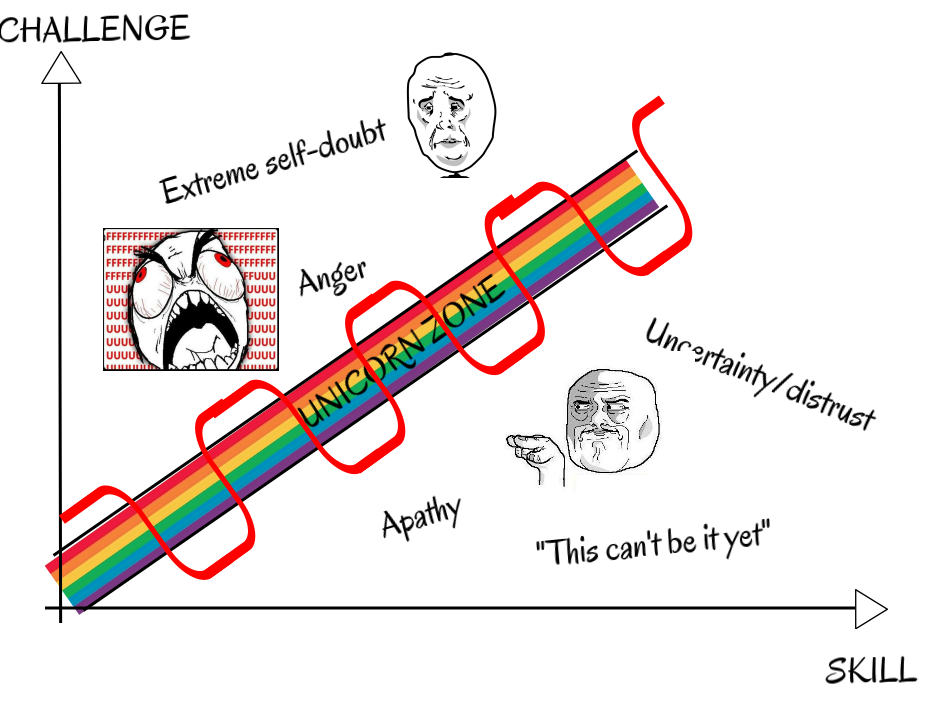
How To Learn Any Skill Fast
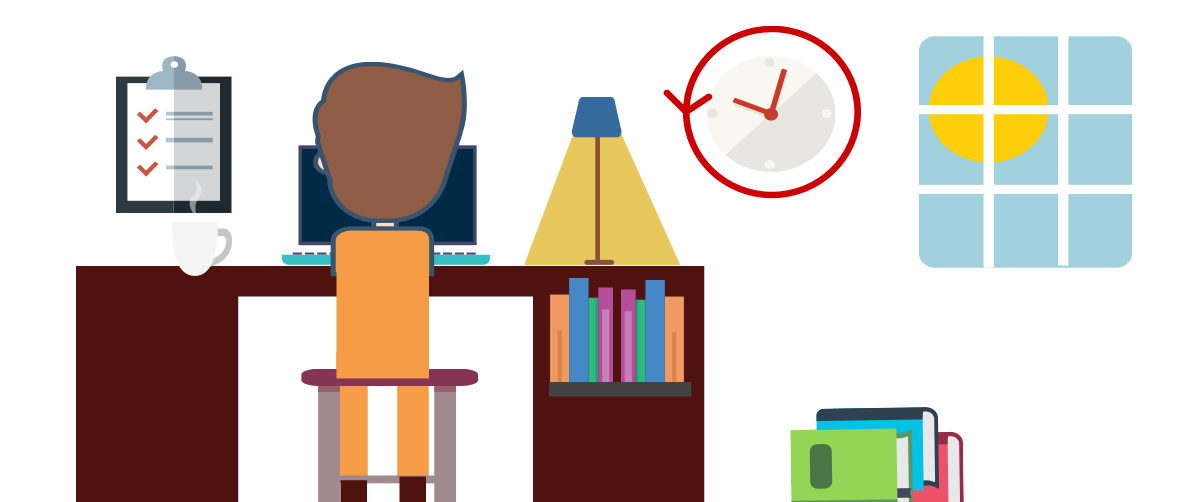
The 4 MOST Essential Life Skills (And How To Learn Them)
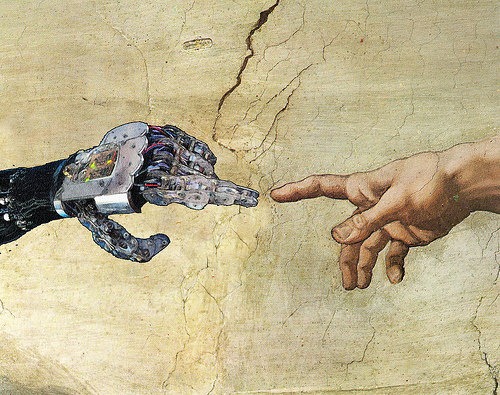
The Frustrating Inefficiency Of My Retarded Brain (Rant)

Mark Manson On Models, Dating & Sexuality (Interview)
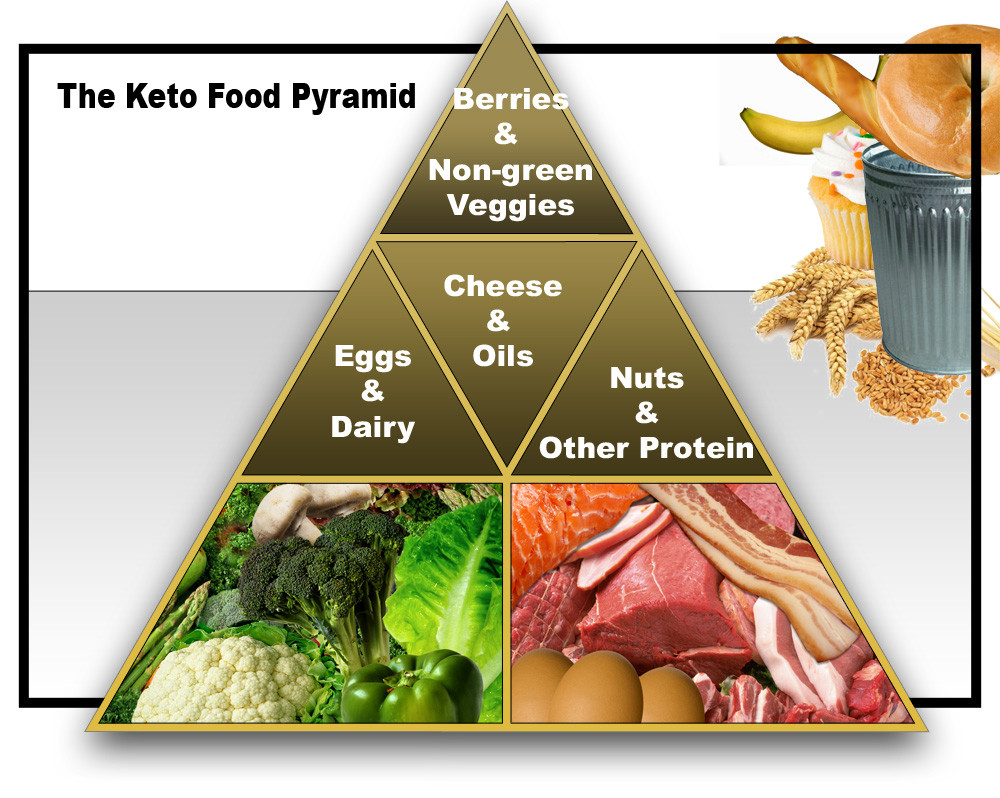
The Only Diet You Should Ever Consider (Ketogenic Diet)

The 10 Laws For A Great Social Life (Building Social Skills)
